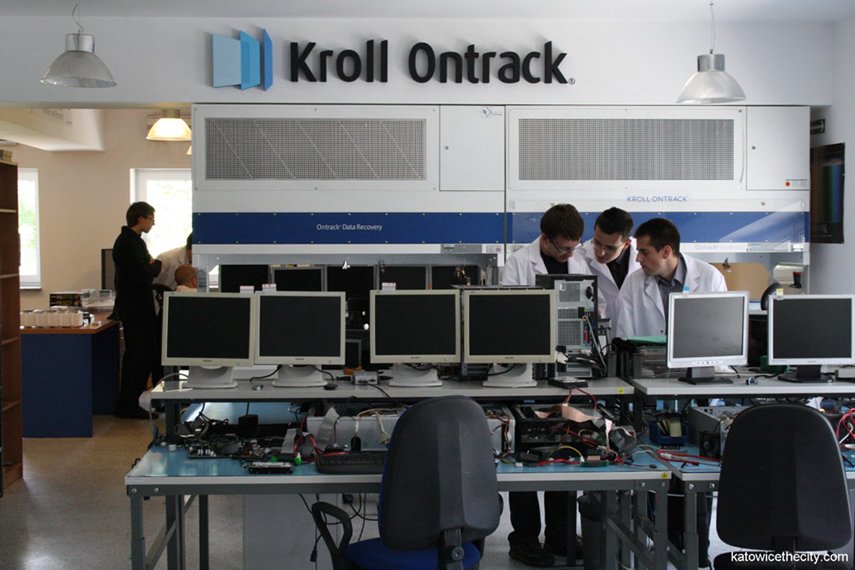Brain-training startup, Lumosity has revealed findings from its Human Cognition Project, an initiative that gives researchers access to its data to conduct experimental research. Launched in 2007, Lumosity now has more than 40 games, 40 million members, and paying subscribers from 180 countries. Lumosity’s games are based on the latest discoveries in neuroscience, with continuing independent third-party studies being conducted by researchers at Harvard, Stanford, and other academic institutions.
Co-founded by Michael Scanlon, one of the world’s leading experts in the field of cognitive training and neuroplasticity, Lumosity creates brain-training exercises designed to improve your brain. It turns strategies, derived from academic research on cognition and neuroscience into games that can improve your ability to pay attention, remember information, and perform neurocognitive tasks, all of which are important to succeed in all facets of life.
Brain training is big business, according to the guardian:
“By factoring in a mental workout in the same way that we might go to the gym to exercise, we get cleverer and our IQ rockets. That, at least, is the idea. And there are lots of people who buy it. In recent years, brain training has become a multimillion-pound business with companies such as Jungle Memory, Nintendo and CogniFit developing a wide range of user-friendly neuroscientific puzzles for the average punter. Lumosity itself has grown by 150% year-on-year since its launch in 2005 and now reaches more than 35 million people worldwide. In January alone, the company’s mobile app was downloaded nearly 50,000 times a day and its revenue hit $24m (£16m)”.
Lumosity’s research platform, the Human Cognition Project, contains the world’s largest and continuously growing dataset of human cognitive performance, which currently includes more than 40 million people who have been tracked for up to 6 years. The study, published today in the open-access journal Frontiers in Neuroscience, examined how Lumosity’s dataset can provide insights into the lifestyle correlates of cognitive performance and the impact of age on learning rate.
Human cognitive performance research is typically conducted through experiments in the laboratory, with small numbers of participants – often limited to university undergraduates – and requiring in-laboratory follow-ups. This approach limits the kinds of questions that can be studied, the number and demographics of participants, and can be time-consuming and costly. “New technologies and research platforms have the potential to transform the speed, scale, efficiency and range of topics in which neuroscience research is conducted,” said P. Murali Doraiswamy, Professor of Psychiatry at Duke University Medical Center and member of the Duke Institute for Brain Sciences, and co-author of the study. “This study is interesting because it brings to light the possibilities of what we can uncover by taking a big data approach to cognitive performance research.”
The study presented two examples of research that can be conducted using Lumosity’s dataset. Using survey results and a subset of the dataset tied to baseline performance on three cognitive exercises, the first study examined the effects of sleep and alcohol consumption on cognitive abilities, including speed (N = 162,462), memory (N = 161,717), and flexibility (N = 127,048). The study found that cognitive performance in all three tasks was most efficient, on average, for users reporting seven hours of sleep each night. The study also found that low to moderate alcohol intake – a self-reported one or two drinks per day – was associated with better performance in all three tasks, with brain performance scores decreasing steadily with every additional drink.
The second study examined how learning ability changes over the lifespan and how aging might affect learning across distinct cognitive abilities. The study included adults ages 18-74, and looked at how age influences improvement over the course of the first 25 sessions of a cognitive task. Tasks that rely on fluid intelligence, which contribute to learning, problem solving, and the ability to adapt to novel challenges such as working memory (N = 22,718) and spatial memory tasks (N = 23,109), were compared to tasks that rely on crystallized knowledge, which draws on accumulated knowledge and skills from your life experience such as verbal fluency (N = 107,478) and basic arithmetic (N = 41,338). The study found that the amount of improvement decreased as age increased, and that performance on tasks that rely on fluid intelligence decreased with age at a faster rate than the tasks that rely on crystallized intelligence. This finding supports the notion that, although raw cognitive performance peaks in young adulthood, the lifelong accumulation of knowledge compensates such that older adults can still perform at a high level.
“The goal of the Human Cognition Project is to rapidly and efficiently advance our understanding of the brain,” said Daniel Sternberg, Ph.D, Data Scientist at Lumosity and lead author of the study. “We’re excited for the potential that big data holds for conducting large-scale, collaborative, global research on human cognition. We’re particularly interested in applying the knowledge we gain from this research in real-world settings where they can help people live better, fuller lives.”
Lumosity is available at Lumosity.com and on the iPhone and the company is headquartered in San Francisco, California.
Source/image credit: Lumosity

Hayden Richards is Contributor of IntelligentHQ. He specialises in finance, trading, investment, and technology, with expertise in both buy-side, sell-side. Contributing and advising various global corporations, Hayden is a thought leader, researching on global regulatory subjects, digital, social media strategies and new trends for Businesses, Capital Markets and Financial Services.
Aside from the articles, interviews and content he writes for IntelligentHQ, Hayden is also a content curator for capital markets, analytic platforms and business industry emerging trends. An avid new media explorer Hayden is driven by a passion for business development, innovation, social business, Tech Trading, payments and eCommerce. A native Trinidadian, Hayden is also a veteran, having served with the Royal Air Force Reserves for the past 10 years.
Follow Hayden on Twitter @HaydenARichards, linkedin.com/haydenhrichards and http://www.scoop.it/u/hayden-richards































